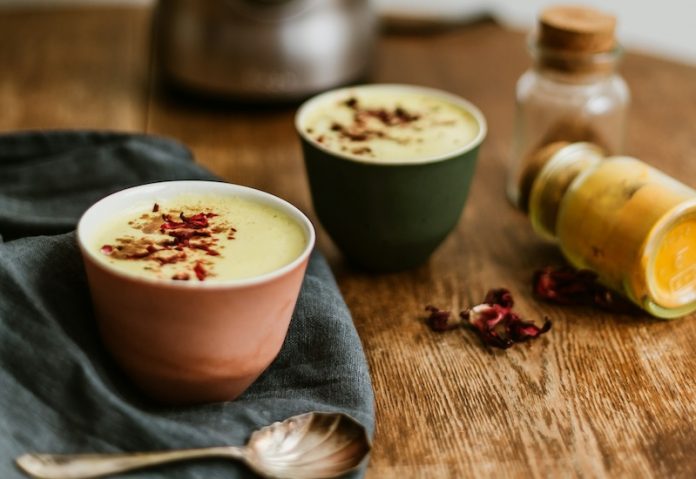
A recent study by scientists from Urmia University of Medical Sciences has brought to light a potential new approach for managing blood pressure in people with type 2 diabetes.
The study found that compounds in turmeric, known as curcuminoids, along with vitamin D supplementation, might improve blood pressure health in these individuals, offering a natural way to support better health outcomes.
Turmeric has long been used in traditional medicine, particularly in Asian countries, where it’s valued for its powerful healing properties. The active ingredients in turmeric are called curcuminoids, with curcumin being the most studied.
Curcumin has gained significant attention for its wide range of health benefits, including its ability to reduce inflammation, fight cancer cells, and protect against tumors.
Vitamin D, on the other hand, is a well-known nutrient that plays a crucial role in maintaining healthy bones by helping the body absorb and retain calcium and phosphorus. But the benefits of vitamin D extend far beyond bone health.
Research has shown that vitamin D can also slow the growth of cancer cells, help control infections, and reduce inflammation.
The fact that many organs and tissues in the body have receptors for vitamin D suggests that it has important roles in various bodily functions, and scientists are continuously exploring these potential benefits.
While both curcuminoids and vitamin D have shown positive effects on blood pressure and body weight in diabetic animal studies, evidence of their effectiveness in humans, particularly those with type 2 diabetes, has been limited.
This is where the new study comes in, providing valuable insights into how these two natural substances might work together to improve health in people with type 2 diabetes.
The researchers focused on 80 individuals with type 2 diabetes who also had insufficient levels of vitamin D. These participants were divided into four groups, each receiving either curcuminoids, vitamin D, a combination of both, or a placebo for a period of 12 weeks.
Blood pressure was measured before and after the treatment to assess the effects of these interventions.
The results were encouraging. The study found that vitamin D supplementation alone significantly lowered both systolic (the top number) and diastolic (the bottom number) blood pressure.
Curcuminoids, on their own, also had a strong effect, particularly in reducing diastolic blood pressure.
However, when curcuminoids were combined with vitamin D, they seemed to prevent the full effect of vitamin D on systolic blood pressure, although the combination did enhance the reduction of diastolic blood pressure.
This mixed outcome suggests that while curcuminoids and vitamin D both have the potential to benefit blood pressure in people with type 2 diabetes, their interaction is complex.
The study’s authors highlight the need for further research to understand why curcuminoids and vitamin D affect systolic and diastolic blood pressure differently.
Incorporating these findings into everyday life might be simpler than it seems. Foods rich in curcuminoids, like turmeric, are common in many diets, particularly in dishes such as curry. Other sources of curcuminoids include mango ginger and curry powder.
Vitamin D can be obtained from foods like salmon, herring, sardines, cod liver oil, canned tuna, egg yolks, mushrooms, and fortified products like certain cereals and dairy items.
The study, led by Shirin Ebrahimkhani and her team, has been published in Clinical Nutrition ESPEN. It offers promising evidence that natural compounds like curcuminoids and vitamin D could play a role in managing blood pressure in people with type 2 diabetes.
As the global population continues to struggle with the rising rates of diabetes, finding effective, natural strategies to manage the associated health risks, such as high blood pressure, is increasingly important.
This research opens the door to new possibilities, but more studies are needed to fully understand how these natural substances can be best used to support health in people with diabetes.
If you care about diabetes, please read studies about the cooking connection between potatoes and diabetes, and low calorie diets may help reverse type 2 diabetes.
For more health information, please see recent studies about protein power: a new ally in diabetes management, and pineapple and diabetes: A sweet surprise.





